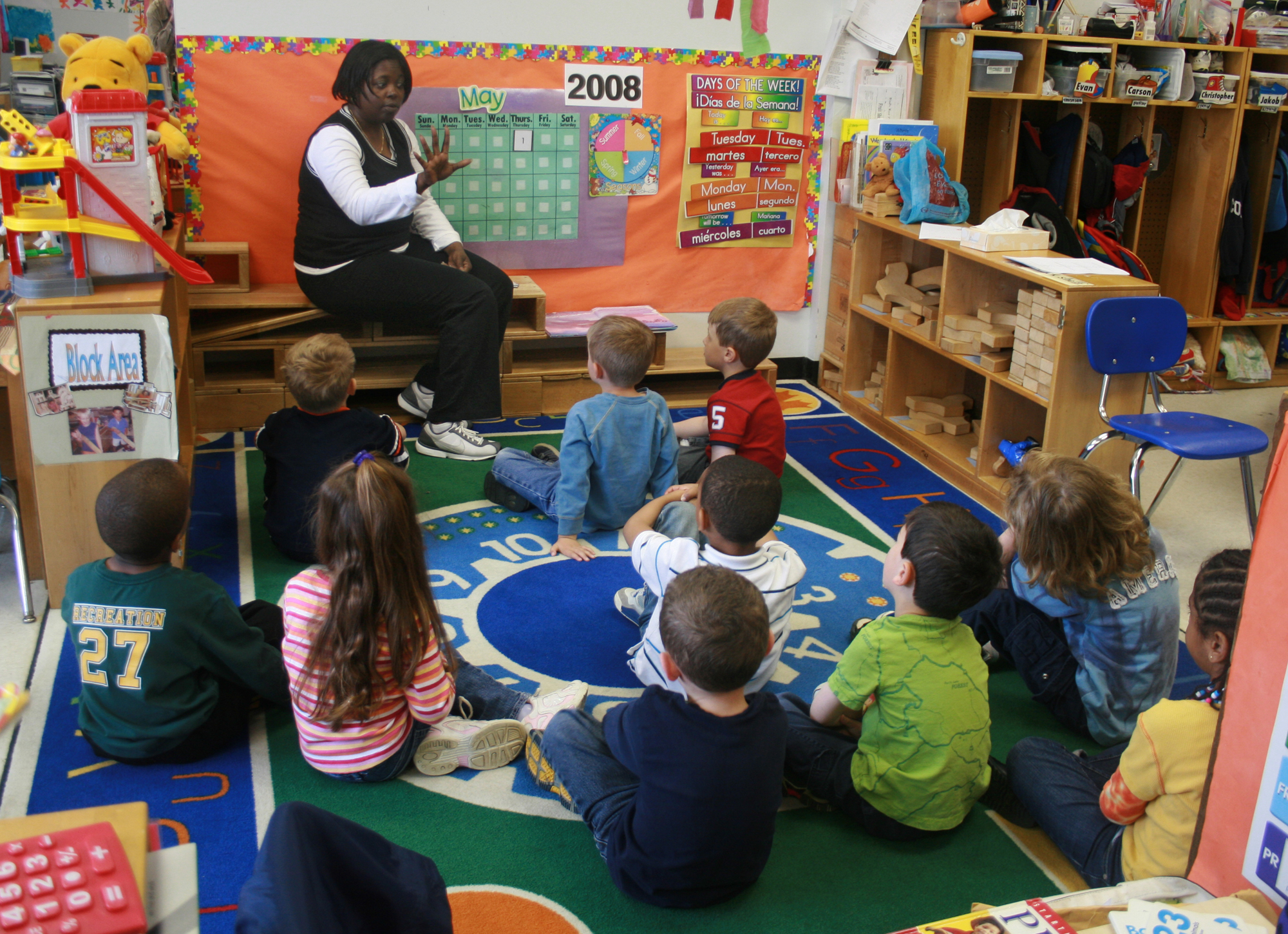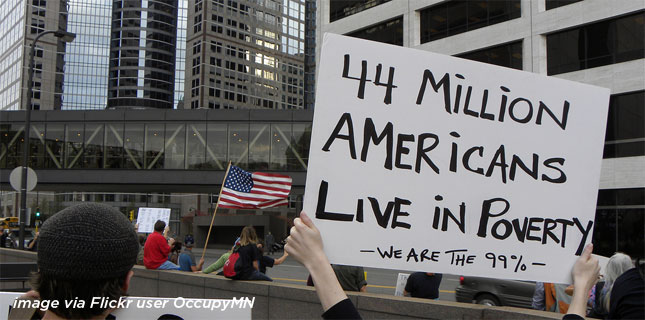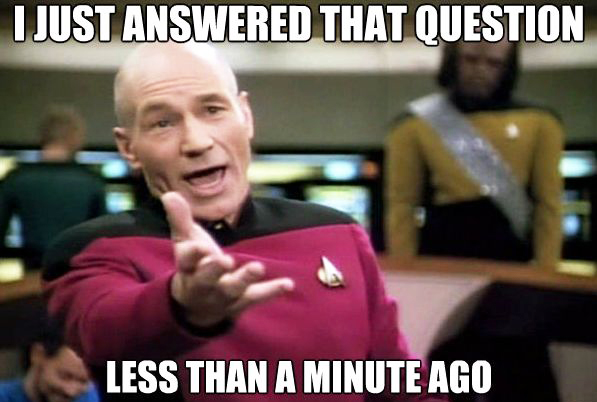May 12th, 2015
Warm Up
Define the following words
- Fixed Expenses
- Savings Account
- Credit
Students will understand how to be financially responsible.
Success Criteria: Students will be able to explain the importance of creating a budget.
Today we're going to look at the importance of creating a budget and why it is so useful.
A budget is simply a list of your
income and your
expenses. It allows you to track and your spending to make sure you don't overspend. It also helps you keep track of how much you are saving!
Let's look at this example.
You're budget does not have to be this detailed, but it does help. A template of a budget I've used can be found
here.
No matter what, it should be realistic.
If you have unreasonable goals or expectations of your saving/spending habits you are not going to stick to your budget making it worthless. Plan realistically, pick reasonable goals, be responsible, but also be honest with yourself!
I find it helpful to add a "unexpected expense" category where I can use it to add to any of my other expenses just in case something comes up.
Remember some of your expenses will be fixed expenses (meaning they are always the same so you can plan for them) others will vary from month to month. This will help with your planning. After you subtract your fixed expenses it is easier to plan the rest of your monthly spending because you know what money is leftover to play with or save.
We'll look more closely at creating a budget tomorrow. For know complete page 9 of your packet to learn more about budgets.
Complete page 9 of your packets using the booklet.
DO NOT WRITE ON THESE BOOKLETS!!!!!
DO NOT TAKE THESE BOOKLETS OR PACKETS WITH YOU!!!
Electronic copies of both can be found on the class blog under the packets section over there.






.svg.hi.png)























